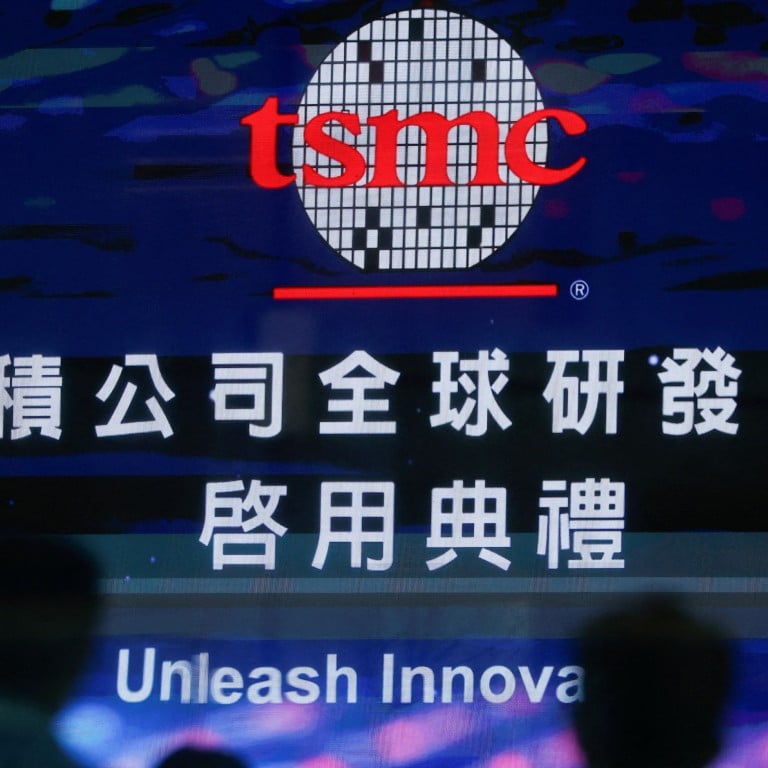
US extends waiver for Taiwan’s TSMC to bring advanced chipmaking gear into China
- The world’s biggest contract chip maker has facilities in Shanghai and Nanjing, making chips that are four generations behind the leading edge
- South Korea’s Samsung Electronics and SK Hynix have also been granted an indefinite waiver on US chips curbs against China
TSMC’s operations in mainland China remain normal, Taiwan’s Minister of Economic Affairs Wang Mei-hua told reporters in Taipei on Friday, without providing further details about the waiver, such as how long it is effective for. TSMC was expected to have its waiver renewed for a year, the Wall Street Journal reported earlier.
TSMC did not respond to a request for comment. The Bureau of Industry and Security, part of the US Department of Commerce that is responsible for export controls, declined to comment on TSMC earlier this week and did not immediately respond to queries after the announcement.
Long before TSMC chip plant, Taiwan enjoyed strong support from Arizona
Sweeping US regulations announced last October struck at the heart of Beijing’s tech ambitions but also cast uncertainty around foreign chip makers in China, including TSMC and its South Korean peers. All three secured one-year waivers at the time, which let them import necessary equipment, but have since grappled with uncertainty over whether those exemptions will get extended.
The Biden administration in late September also removed a stringent curb on expansion in China by semiconductor companies that get federal funds to build plants in the US. Both TSMC and Samsung are expected to secure US subsidies for their new facilities in the country.

